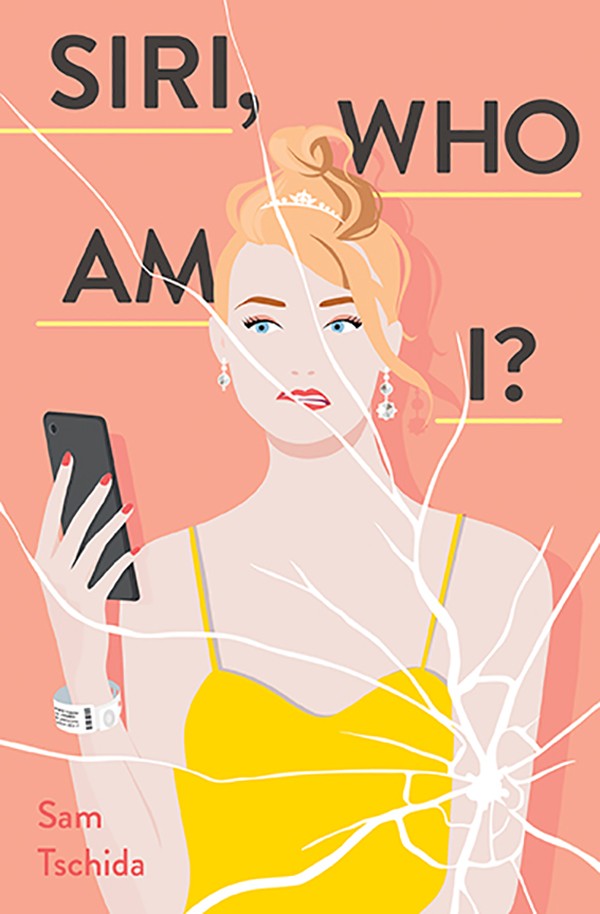Though it rarely works like it does in books and movies, amnesia can be a useful storytelling trope. Like quicksand (remember the old Tarzan show?), it seemed to pop up with alarming frequency, until, presumably, audiences tired of it and it faded from the zeitgeist. Of course, everything comes back in vogue eventually, and memory loss makes for the ideal vehicle to explore ideas about identity in the digital age. Such is the case in the debut novel from Sam Tschida (pronounced “cheetah,” her website explains), Siri, Who Am I? (Quirk Books).
In Tschida’s novel, Mia comes to in a California hospital with a recently stapled-together head wound, a cracked phone, and no memory of who she is. Mia’s amnesia provides the central mystery of the book, the question of the protagonist’s identity, but the memory loss trope performs another useful function. Tschida’s novel is a mystery — maybe equal parts romance, mystery, and comedy — and with amnesia casting Mia in the role of the detective, Tschida neatly sidesteps the problem of providing a believable private eye. Those Sam Spade/Philip Marlowe types are a bit anachronistic in the 21st century, but a befuddled Millennial Californian trying to find herself in the places where her online persona and her instincts meet is a wholly plausible set of circumstances.

Sam Tschida
Mia’s social media presence is her best bet at figuring out who she is — and who might be responsible for the near-fatal wound on the back of her head. Her phone itself is little help — Mia’s contacts offer few leads, and her messages and emails are scrupulously deleted. Though that could be a cause for concern, Mia thinks (hopes?) she’s just something of a neat freak.
After she tracks down what she thinks might be her house, Mia begins to see reason to hope she’s won the just-woke-up-from-a-coma lottery. The little bungalow seems to belong to the fabulously wealthy (and handsome) French chocolate magnate, JP Howard. Or so says the house sitter, a neuroscience grad student named Max. And every indication is that JP and Mia are dating. (After all, she has a key to the place.)

Each new piece of information Mia learns offers a glimmer of hope — or another crack in the facade of the life Mia thinks she built. “Most likely I’m going to find credit card debt and a mountain of student loans the minute I figure out my social security number,” Mia muses. “I mean, I woke up in America.”
As the primary puzzle pieces begin to materialize, answers beget more questions. But who is the real Mia? Is she the arm candy of a French chocolatier or a scam artist? Is she an Instagram influencer? Are all social media influencers essentially scam artists? Is she a successful entrepreneur, or does she actually run an escort service? And who is Kobra, the man with the massive python tattoo who won’t stop texting her? Of course, front and center in the lineup of questions to be answered is who tried to murder her?
The whodunnit of it all provides stakes, and Tschida keeps the one-liners coming, leaving the audience to wonder if Mia is using humor as a coping mechanism or if she is, in fact, just a little unhinged. “The question of murder will have to wait,” Mia quips at one point. And: “I look pretty good except for the bloodstains.”
Like Christopher Nolan’s Memento by way of Ingrid Goes West, Tschida’s Siri, Who Am I? examines issues of identity, albeit with an irreverent comedic bent. It’s a quick read, and if it’s a little light on weighty considerations or poignant prose, so are most murder (or almost-murder) mysteries.